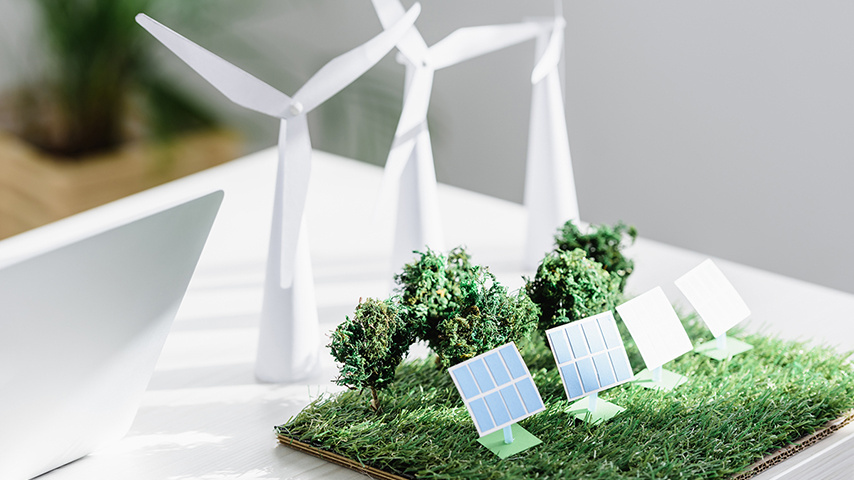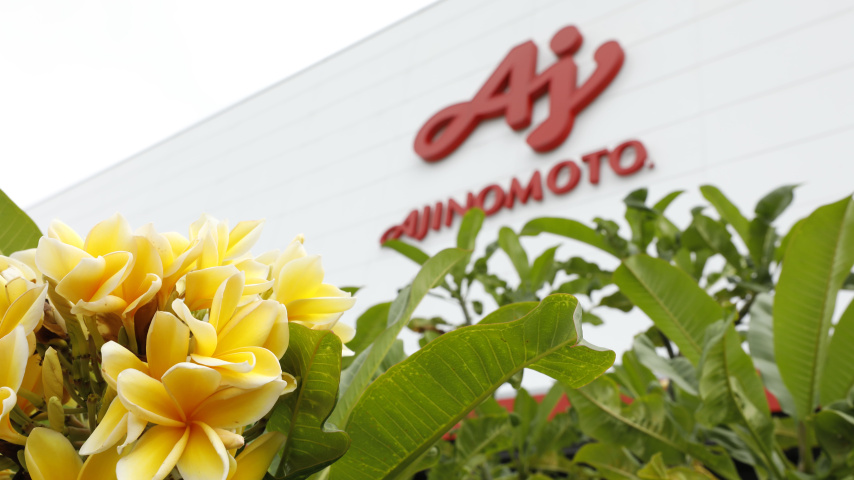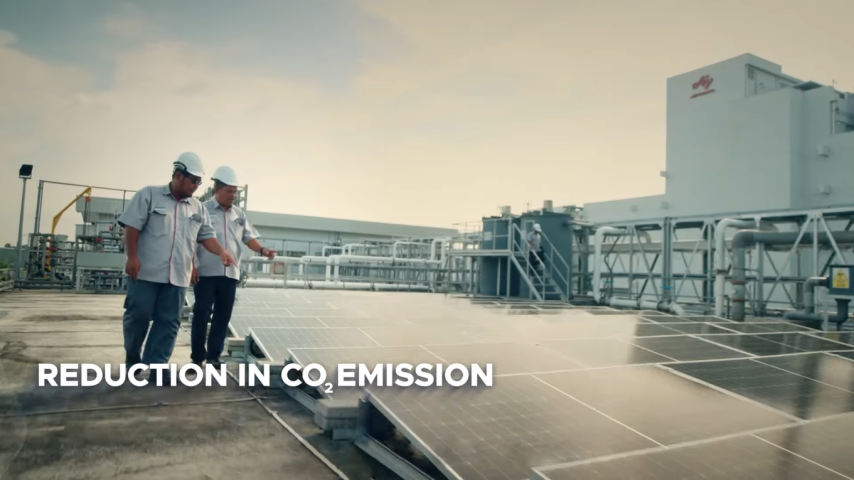Eco-Friendly and Sustainable Food Packaging
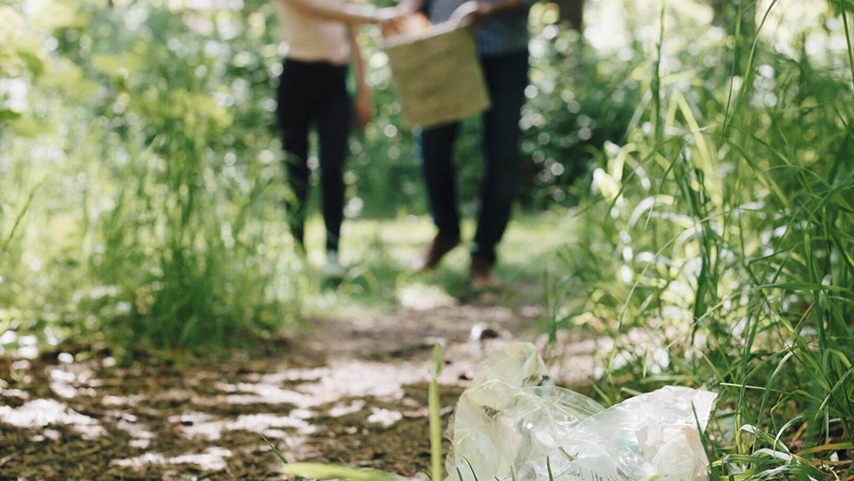
The accumulation of the plastic packaging waste pollution has affected the Earth's environment that adversely affects humans, wildlife and their habitat. Plastic food packaging waste is one of the biggest sustainability issues the world is facing today. As the global environmental consciousness is on the rise, we need to transform packaging in order to adopt sustainable practices that minimise their impact on the planet.
What Is Sustainable Packaging for Food?
Sustainable food packaging is using materials and manufacturing methods that have minimal impact on energy consumption and the environment. Varied materials serve as the backbone of sustainable packaging. Some manufacturers opt for compostable bioplastics, while others utilise biodegradable materials. The choice depends heavily on the environmental footprint of production, use, and disposal.
Recycling plays a crucial role in sustainable packaging practices. Recyclable materials like glass, aluminium, and certain plastics can be reprocessed into new products again and again without degrading in quality. When consumers properly recycle their food packaging waste, it helps close the loop on material use and lowers the demand for new raw materials – ultimately conserving natural resources.
What Food Packaging Materials Are Most Sustainable?
Let's start with biodegradable food packaging, such as cardboard and paper. These materials are often celebrated due to their recyclable nature, meaning they can go around in circles in the economy for generations to come. Just remember, using recycled paper or cardboard can save an incredible amount of trees.
Apart from paper and cardboard, glass packaging is another sustainable option that comes to mind. Its 100 percent recyclability attributes make it stand out among other materials. Just think about it – a bottle can be melted down and remade again without compromising its quality.
On the other hand, compostable food packaging like Polylactic Acid (PLA) bioplastic offers an alternative for traditional plastics. Its compostable materials are made from plant-based materials like corn or sugar cane, this compostable packaging decomposes readily when composted correctly.
Let's not leave out aluminium. It might be surprising given the bad rap metals generally get but due to its infinite recyclability since it doesn't lose any quality during the recycling process makes it special.
Another solution to reduce the plastic waste is to introduce mono-packaging, a forward-thinking approach that offers numerous benefits for both businesses and the environment. The Mono flexible packaging sector addresses the environmental challenges posed by traditional packaging methods by aiming to reduce waste, conserve resources, and promote recycling.
What Is Mono Packaging?
Mono packaging, or mono material packaging, refers to recyclable food packaging made from a single material or a combination of materials easily separable for recycling. Unlike traditional packaging, which often consists of multiple layers of different materials, mono packaging is designed to simplify the recycling process and minimise waste.
The primary characteristic of mono packaging is its simplicity. It typically uses only one type of material, such as plastic, paper, or aluminium, making recycling easier than complex, multi-material packaging. Mono packaging streamlines recycling efforts and reduces the overall environmental impact by eliminating the need for separate disposal of different materials.
How Is Mono Packaging Made and How Can It Be Recycled?
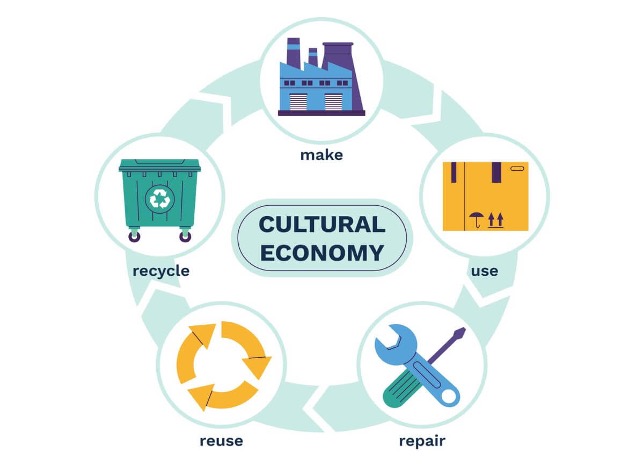
Mono packaging offers a more sustainable alternative by prioritising recyclability and material recovery. Using a single material or compatible materials facilitates the recycling process, enabling easier sorting, processing, and remanufacturing into new products. This approach promotes a circular economy, where mono-material packages are reused and recycled rather than discarded, thus reducing the consumption of raw materials and the generation of waste.
Why Should We Use Eco-Friendly Food Packaging?
First off, eco-friendly food packaging requires less energy during production compared to traditional ones. Lower energy usage means fewer greenhouse gases, thus mitigating global warming effects.
Here's another reason - waste reduction. We often overlook how much plastic takeout containers we personally waste daily. By using recyclable or reusable packaging, we can dramatically cut down the amount of waste sent to landfills and incinerators.
Lastly, think of your health! Many traditional plastic bags contain chemicals potentially harmful to humans if ingested over time. Eco-friendly options lack these harmful substances, contributing to better overall health for you and your loved ones.
AJI-NO-MOTO® in Sustainable Packaging
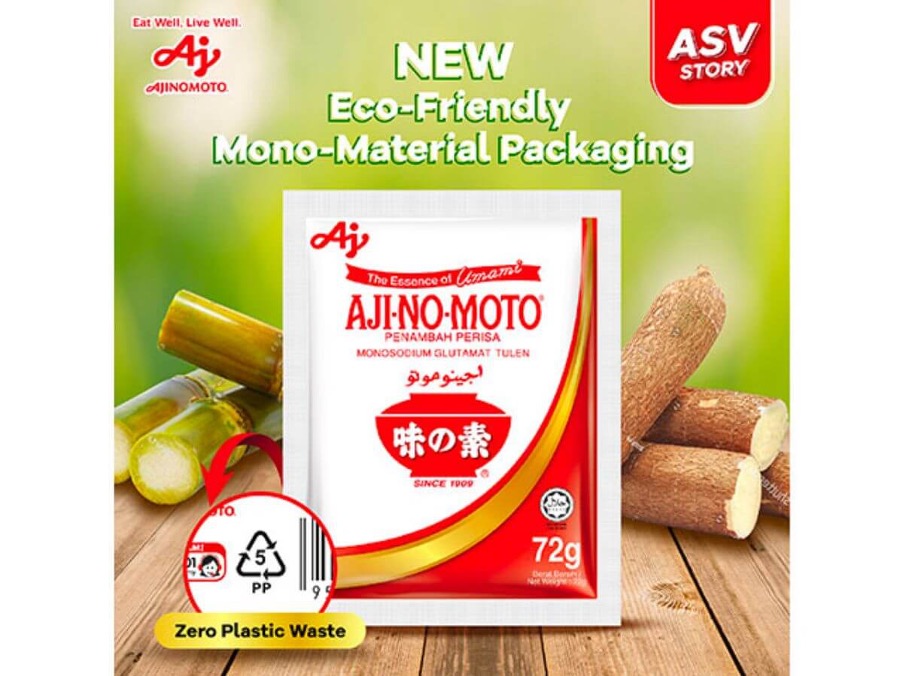
In line with the goal of the Ajinomoto Group to achieve zero plastic waste by 2030. Ajinomoto (Malaysia) Berhad <AMB> is taking a role in mono-material packaging, becoming a shining example for the industry. Our unwavering dedication to environmental responsibility has spurred the implementation of innovative strategies to reduce packaging waste and shrink its ecological footprint in food packaging.
One of our standout initiatives is the adoption of mono-packaging solutions. AMB is actively promoting a circular economy by using materials easily recyclable or compatible with recycling. This smart approach simplifies recycling, lessens waste generation, and paves the way for a more sustainable future.
Not content with just that, AMB goes the extra mile to optimise packaging designs. We aim to minimise material usage while upholding product quality and safety. Through ongoing research and development efforts, we strive to create packaging that is not only environmentally friendly but also efficient and cost-effective.
In addition, AMB is responsible for educating and encouraging consumers to practise responsible packaging disposal. By spreading awareness and promoting sustainable practices at every stage of our product lifecycle, we are actively contributing to a greener world.
Ajinomoto Malaysia's environmental stewardship commitment sets a remarkable industry benchmark. Our efforts inspire people to prioritise sustainability and join the movement toward a more environmentally conscious future and greener future.
